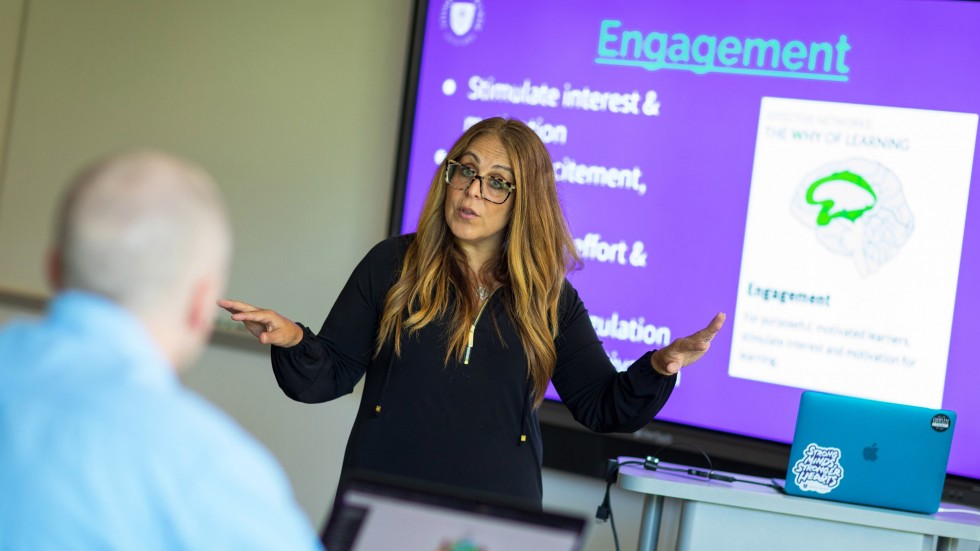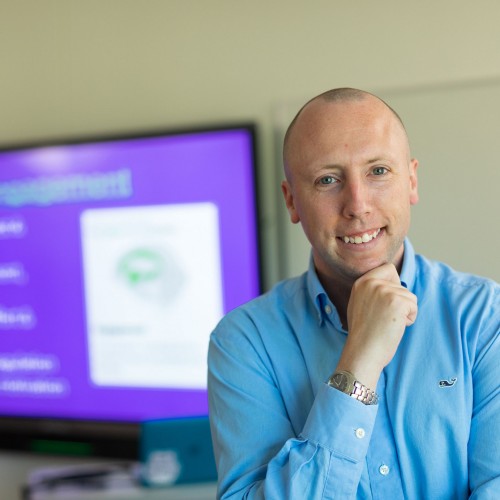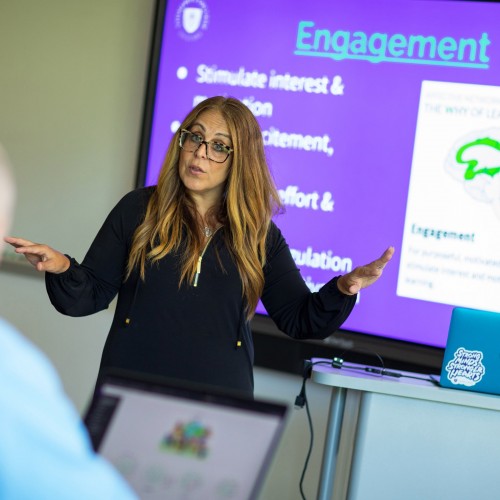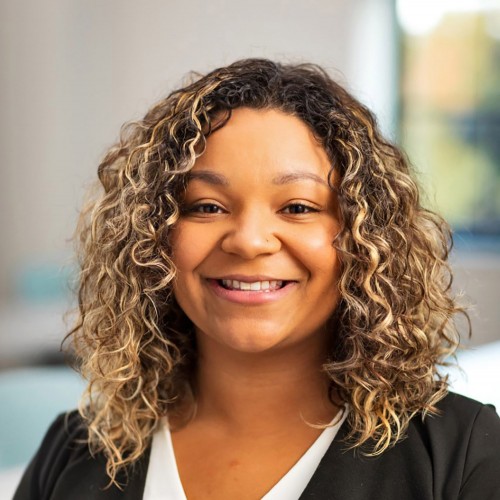Fast, Nimble—and Published
Director of Graduate Education Elizabeth Stringer Keefe’s spring course, Curricular Innovations and Assistive Technology, definitely had that ripped- from-the- headlines feel. “When schools shut down for in-person instruction, I said I can’t go back to my old syllabus,” explains Stringer Keefe, author of “Remixing the Curriculum: The Teacher’s Guide to Technology in the Classroom” and “Reclaiming Accountability in Teacher Education.” “Suddenly teachers, many of whom had no technology training, were forced to teach online … I knew that our teacher candidates would need those skills to be well prepared for the field.”
Stringer Keefe retooled the course to give students practice in planning and teaching both synchronous and asynchronous lessons, providing highly specific coaching and feedback weekly.
Students appreciated the preparation. “Dr. Stringer Keefe is so knowledgeable. She looks at what’s going on in the world and prepares us for that,” says Waverly Ciffolillo ’18, M’20, who now teaches in Stoughton. “When we went remote, she had us create our own remote lessons. Then she recruited as many students as she could to attend the online sessions: she reached out to neighboring districts to share the lesson schedules with parents. The practice was invaluable.”
The experience was so powerful that Stringer Keefe turned it into a research article, “Learning to Practice Digitally: Advancing Preservice Teachers’ Preparation via Virtual Teaching and Coaching,” and submitted
it to the Journal of Technology and Teacher Education. The peer-reviewed journal received more than 300 submissions for its fall 2020 issue; hers was one of 30 chosen for publication.
“Candidates who develop digital literacy and have supported experiences teaching virtually will be better prepared for future school closures, which given the current situation, seems more of a certainty than possibility,” she writes in the article’s conclusion. “This international health crisis has put many of education’s shortcomings on full display, not the least of which is the urgent need to embrace digital technology as part of teacher preparation and digital teaching competencies as part of teacher preparation program outcomes.”




